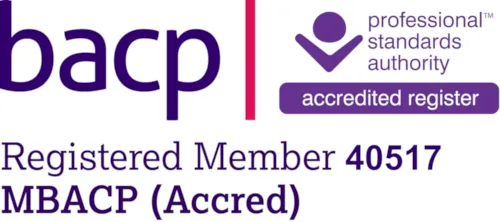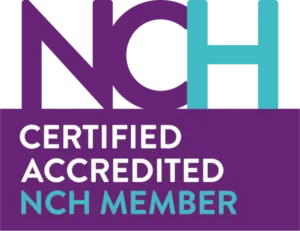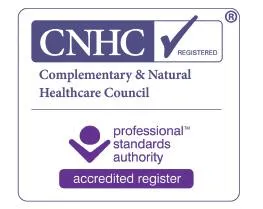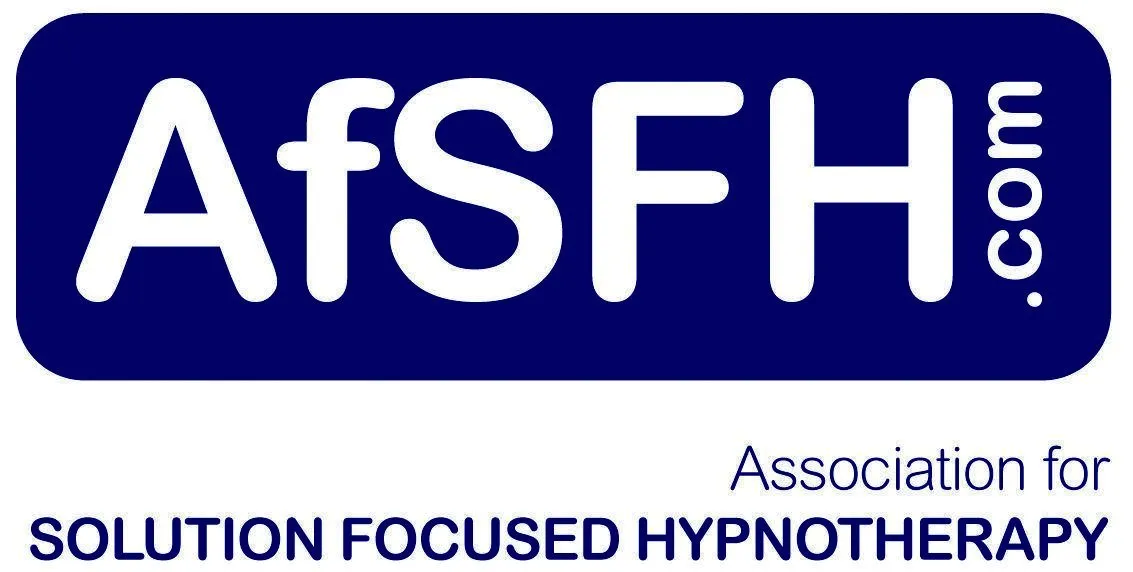OCD Counselling and Therapy in Plymouth & Online
Get notified as soon as a space becomes available
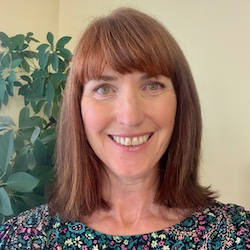
Carolyn Gillan
BSc (Hons), AdvDipIntCouns, HPD, DHP SFBT (Hyp)
Helping you find calm, confidence and freedom from obsessive-compulsive thoughts and rituals
Do these sound familiar?
Are you plagued by relentless, distressing thoughts that hijack your mind?
Do you feel compelled to perform rituals or mental checks just to feel safe or “right”?
Are you afraid that if you don’t act on a thought, something terrible might happen?
Do you worry that your thoughts say something awful about you?
Do you long to relax and live more freely again?
If so, you’re in the right place — and I’m genuinely glad you’re here. OCD can make life feel exhausting and small, but with the right help, recovery is absolutely possible.
I specialise in helping people break free from the grip of Obsessive Compulsive Disorder (OCD) — both here in Plymouth and online across the UK. The approach I use is gentle, effective and evidence-based. I’ve seen it transform lives: when people are no longer ruled by OCD, they become calmer, more confident and reconnected with what truly matters to them.
You can too.
Sound familiar?
In therapy and counselling, we’ll use my LIBERATE Approach, a compassionate, structured way of understanding and responding to OCD. Each stage helps you move from fear and compulsion towards freedom and trust.
You’ll learn to:
Learn about OCD – Understand how intrusive thoughts, anxiety, and compulsions interact in the brain. You’ll discover that these thoughts are false alarms, not reflections of who you are.
Identify patterns – Notice your triggers, rituals, and “C-PERs” (compulsive patterns of emotional regulation — those automatic attempts to relieve discomfort through ritual, reassurance, or avoidance).
Be kind – Replace self-criticism and shame with compassion, recognising that OCD is not your fault.
Engage in gradual change – Using techniques from Exposure and Response Prevention (ERP) and Acceptance and Commitment Therapy (ACT), you’ll learn to tolerate uncertainty and let anxiety rise and fall naturally, without compulsions.
Build resilience and trust – Strengthen your ability to respond calmly and confidently to intrusive thoughts, rather than reacting automatically.
We’ll go at your pace — always balancing challenge with safety — so that each step you take genuinely builds confidence and freedom.
What is OCD?
Obsessive Compulsive Disorder (OCD) is an anxiety disorder where unwanted, intrusive thoughts (obsessions) trigger intense distress or fear. Compulsions — the actions or mental rituals performed to reduce that distress — become habitual and reinforcing.
For example:
Someone with contamination fears may wash their hands repeatedly, even though they know it’s irrational.
Someone with checking compulsions may repeatedly check doors, switches, or appliances to prevent imagined disasters.
Someone with intrusive harm thoughts may fear they’ll harm someone, even though they have no intention or desire to do so. The fear of losing control becomes overwhelming — yet there’s no evidence that people with OCD ever act on such thoughts.
Common compulsions include washing, cleaning, checking, counting, arranging, hoarding, repeating words or numbers, or replaying mental scenarios for reassurance.
According to NICE (2022) and the NHS, around 1–2% of the UK population lives with OCD. It often co-occurs with depression or other anxiety disorders.
What's happening in the brain with OCD?
Modern brain imaging shows that OCD is linked to a loop in the brain that gets stuck on “danger mode.” This loop connects areas involved in detecting threats, managing emotions and deciding when to stop checking for risk — often called the cortico-striatal-thalamo-cortical (CSTC) circuit.
When this circuit becomes overactive, the brain keeps sending false alarm signals, even when everything is safe.
The good news is that the brain can learn to reset itself through therapy and practice. As you respond differently to OCD’s urges, those overactive pathways begin to quieten — helping you feel calmer, more confident and back in control.
The cycle that keeps OCD going
OCD works like a loop:
Intrusive thought or image → triggers anxiety.
Compulsion or ritual → temporarily reduces anxiety.
Relief → reinforces the link between thought and ritual, keeping the cycle alive.
In therapy and counselling, we’ll focus on gently breaking this loop — learning to sit with discomfort, without resorting to compulsions, until your brain learns a new association: “I can handle this, and nothing bad happens.”
The road to recovery
It takes courage to face OCD — but courage grows with each step. You’ll learn how to:
See intrusive thoughts as mental events, not truths or threats.
Allow anxiety to rise and fall naturally without reacting to it.
Reclaim your focus from rumination and checking to living.
Rebuild trust in yourself and your decisions.
OCD recovery isn’t about having no intrusive thoughts — it’s about no longer fearing or obeying them.
Evidence-based help for OCD
Psychological therapy is the recommended first-line treatment. NICE guidance (2022) highlights CBT with ERP as the most effective approach, often enhanced by mindfulness and acceptance-based methods.
Medication (such as SSRIs) may help reduce symptoms, especially when combined with therapy.
Self-help and community resources, including OCD-UK and OCD Action, can provide additional support.
📞 Ready to begin
Whether you’re looking for OCD counselling in Plymouth or online therapy for OCD, you don’t have to do this alone. With understanding, practice and support, you can retrain your mind and regain control of your life.
Contact me today to book your first session or join my priority list. In the meantime, you might find my free hypnosis audio or blog posts helpful.
Get your FREE hypnosis audio
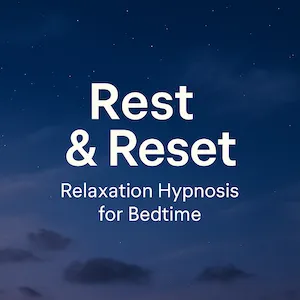
A good night’s sleep is one of the most powerful tools for supporting your overall wellbeing. When you're well-rested, it's easier to manage intrusive thoughts, regulate emotions, and respond to challenges with clarity and resilience.
This free hypnosis audio is designed to help you unwind at bedtime, calm a busy mind, and ease gently into restful sleep. Let it guide you into a deep state of relaxation—giving your body and mind the chance to reset, restore, and recharge.
Sign up now to listen straight away
Sign up to my newsletter
You’ll receive my LIBERATE Yourself newsletter—filled with fresh insights into OCD and anxiety, uplifting encouragement, and practical tools from a therapist who truly understands.
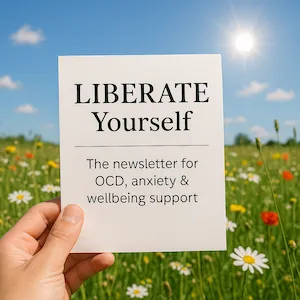
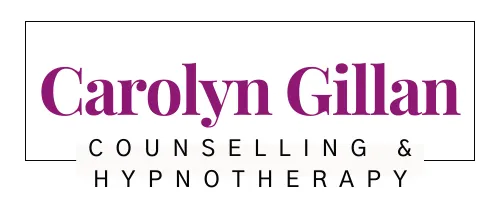
Copyright 2026. Carolyn Gillan Counselling and Hypnotherapy. All Rights Reserved.
